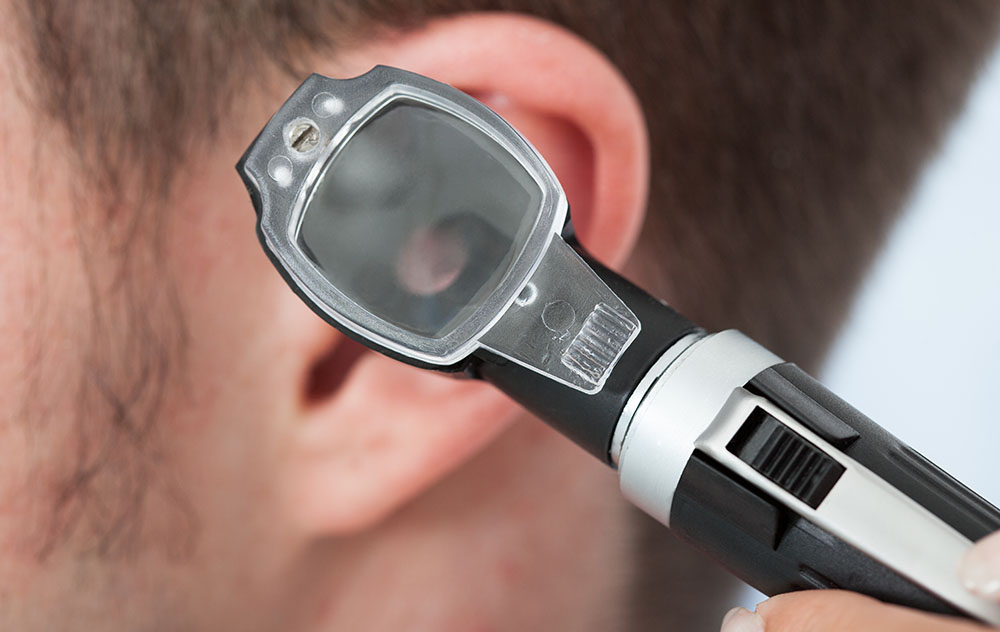Explaining Hearing Loss to Your Loved Ones
Living with hearing loss isn’t always easy. However, with the right


Living with hearing loss isn’t always easy. However, with the right

Many patients assume that they should take off their hearing aid while

Tinnitus is a condition in which patients experience sound without any